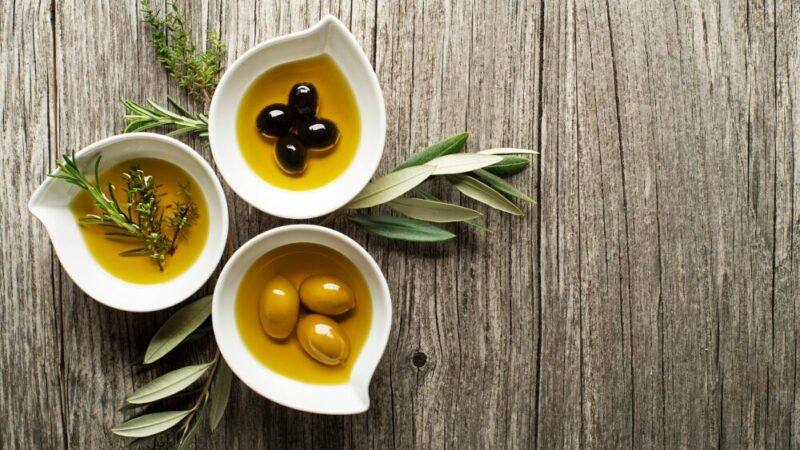Extra virgin olive oil, often revered as the crown jewel of culinary fats, holds a prestigious position in the world of gastronomy. This revered ingredient is not just a simple kitchen staple; it is the epitome of flavor, health, and tradition, woven intricately into the tapestry of gourmet cooking and Mediterranean diets.
The journey to understanding what qualifies an olive extract as ‘extra virgin’ is both fascinating and complex, involving stringent production methods, rigorous quality standards, and a deep appreciation for its nuanced flavors.
The Roots of Quality: Harvesting and Processing
The story of extra virgin olive oil begins in the olive groves, where the type of olive, the climate, and the soil all play pivotal roles in the final product’s character. The term ‘extra virgin’ is reserved for the first pressing of the olives, typically conducted within a few hours of harvesting to preserve the natural flavors and prevent oxidation.
Unlike other fats that might undergo extensive refining, this precious liquid is extracted purely through mechanical means—without the use of chemicals or excessive heat, which ensures the retention of its natural composition and healthful properties. Learn more about the harvesting process of olive oil at https://morocco-gold.com/.
The Criterion of Purity: Chemical Standards
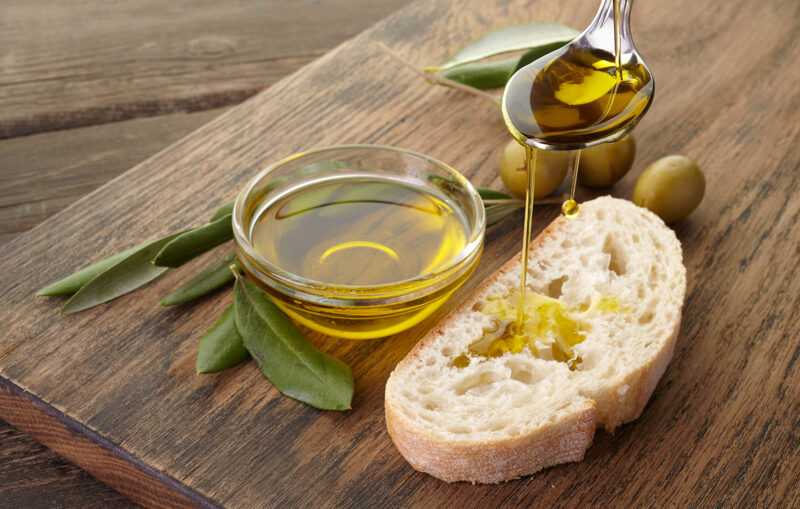
To bear the ‘extra virgin’ label, an olive extract must meet specific chemical parameters that testify to its purity and quality. Acidity levels are a primary indicator, with the finest varieties boasting a free acidity of no more than 0.8 grams per 100 grams.
This low acidity is indicative of optimal harvesting and processing conditions. Additionally, the product must be free from sensory defects, which are evaluated through rigorous taste tests conducted by trained panels.
A Symphony of Flavors: Sensory Attributes
What sets extra virgin olive oil apart is its sensory profile, characterized by vibrant notes that can range from fruity and grassy to peppery and bitter. These flavors are natural characteristics derived from the olives themselves and are highly prized by connoisseurs and chefs alike. The oil’s complexity is influenced by the olive variety, terroir, climate, and the moment of harvest, making each batch unique.
The Health Elixir: Nutritional Benefits
Extra virgin olive oil is not only celebrated for its exquisite taste but also for its health benefits. Rich in monounsaturated fats, polyphenols, and antioxidants, it contributes to heart health, aids in reducing inflammation, and may even have protective effects against certain chronic diseases. This makes it a cornerstone of the Mediterranean diet, known for its association with longevity and reduced disease risk.
Culinary Gold: Cooking and Pairing
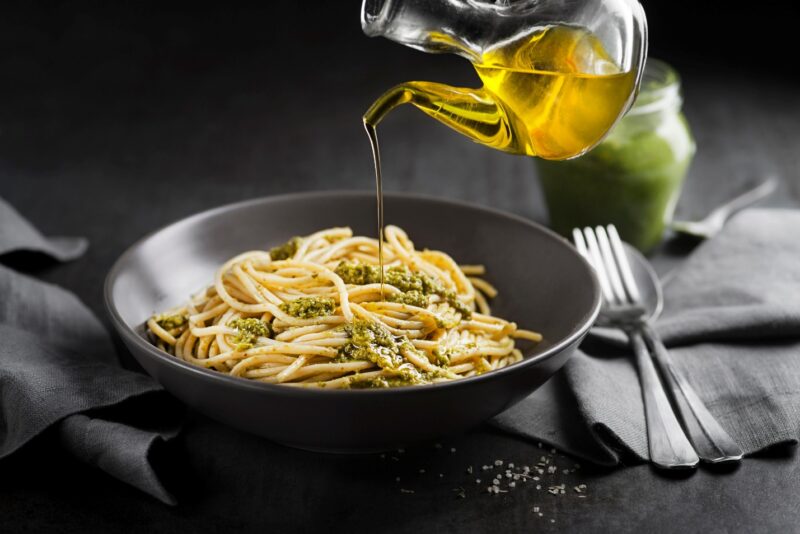
In the kitchen, extra virgin olive oil is a versatile ingredient that enhances dishes with its rich flavor profile. It is best used in applications that allow its taste to shine, such as dressings, dips, and as a finishing touch on dishes. The art of pairing it with food involves balancing its robust flavors with other ingredients to elevate the overall taste experience without overwhelming the palate.
The Artisan’s Touch: Small-Scale Production
Much of the world’s finest extra virgin olive oil comes from small-scale producers who devote immense care and tradition to their craft. These artisans often follow time-honored methods passed down through generations, ensuring a product that is not only of superior quality but also rich in history and tradition.
Global Terroirs: Regional Varieties
The taste and characteristics of extra virgin olive oil can vary dramatically depending on its region of origin. From the peppery notes of Tuscan oils to the fruity undertones of Spanish varieties and the smooth, buttery flavors found in Greek oils, each region offers a unique sensory journey. This diversity reflects the local olive varieties, climate, soil, and traditional production methods, contributing to the rich tapestry of flavors available to enthusiasts.
The Connoisseur’s Guide: Tasting Techniques
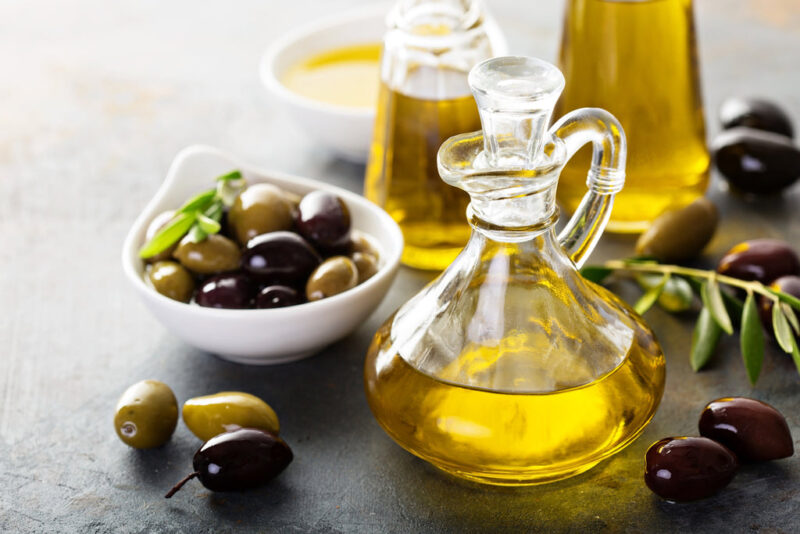
Tasting extra virgin olive oil is an art form akin to wine tasting. It involves assessing the oil’s appearance, aroma, and taste to fully appreciate its complexity. Professional tasters use specific techniques to discern the nuances of different batches, from the initial fruity impressions to the final bitter or spicy notes that linger on the palate.
The Guardian of Quality: Certification and Labeling
To protect consumers and ensure the authenticity of extra virgin olive oil, various certifications and labels have been established. These include PDO (Protected Designation of Origin) and PGI (Protected Geographical Indication) within the European Union, which guarantee that the product is produced, processed, and prepared in a specific geographical area using recognized know-how.
The Threat of Adulteration: Challenges in the Industry
Despite the stringent standards, the extra virgin olive oil market is not immune to challenges, with adulteration being a significant concern. Some producers may mix lower quality oils or use chemical treatments to pass off inferior products as ‘extra virgin.’ Consumers are advised to buy from reputable sources and look for certification labels to ensure they are getting the genuine article.
Embracing Tradition and Innovation
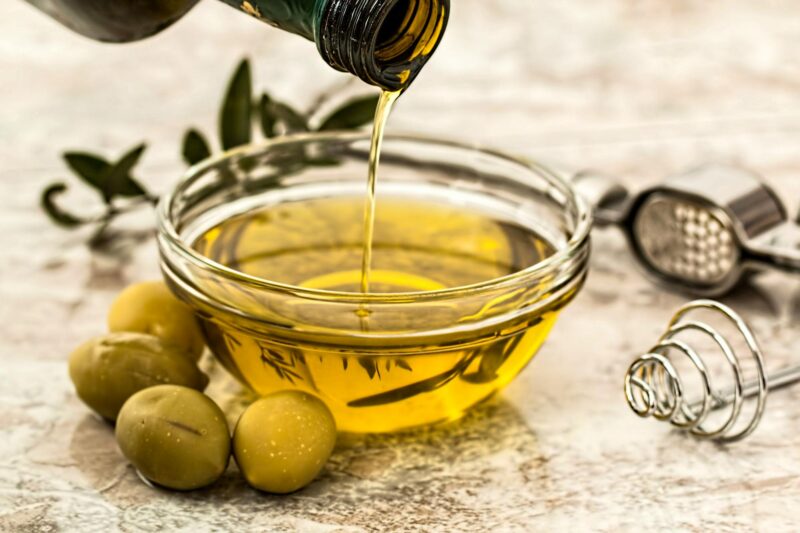
The world of extra virgin olive oil is one where tradition meets innovation. While many producers adhere to age-old methods, others embrace modern techniques to enhance quality and sustainability, such as precision agriculture and eco-friendly packaging. This balance between preserving heritage and adopting new approaches ensures that extra virgin olive oil remains a timeless yet evolving element of global cuisine.
End Note
In conclusion, extra virgin olive oil represents the pinnacle of olive cultivation and production, distinguished by its method of extraction, chemical composition, sensory properties, and nutritional benefits.
It is a testament to the care and expertise that goes into its making, from the olive grove to the table. Whether used in simple dressings or sophisticated culinary creations, it continues to be a symbol of gastronomic excellence and a staple in kitchens around the world.
Related Posts:
- What Does a Food Intolerance Test Include? Tips for…
- How Long Does Key Duplication Take? Time-Saving Tips…
- What Role Does Freight Audit Play in Logistics? Tips…
- How to Do Mold Testing With Tips for Success - A…
- How to Translate a Birth Certificate in the UK: A…
- Time-Saving Tactics on How to Solve Jigsaw Puzzles…

